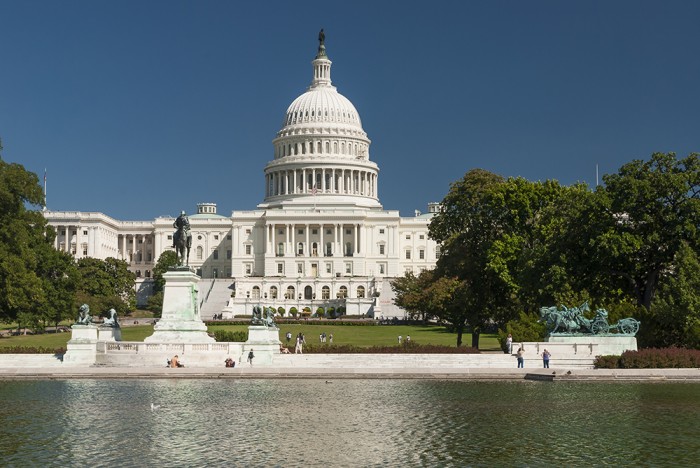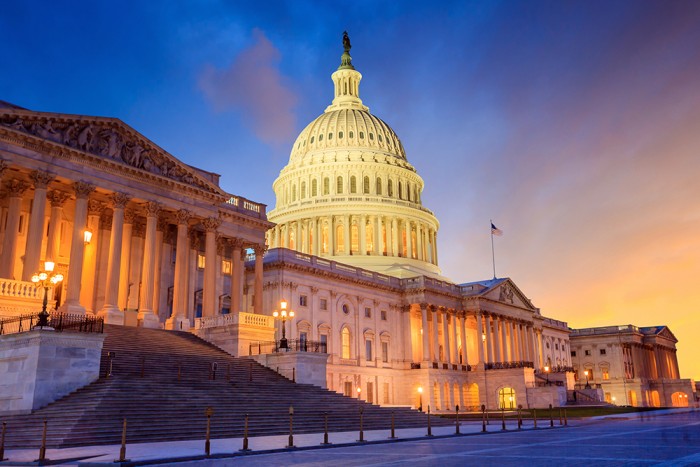(From DHS news room)
Wolf Administration: Trump-Proposed Cuts to Federal Health Programs Jeopardize Access to Life-Saving Health Care
Harrisburg, PA – The Wolf Administration today spoke out against potential cuts contained in President Trump’s proposed federal budget, which would significantly change Medicare, Medicaid, and the Affordable Care Act. In total, these programs help more than 5.5 million older, working, and low-income Pennsylvanians access routine and life-saving health care.
Under President Trump’s proposed budget, Medicaid expansion, which currently covers nearly 700,000 Pennsylvanians, would be eliminated. Medicaid would also be converted from an entitlement program that provides coverage to all who are eligible to block grant allocated to states based on a per-person funding cap.
“Medicaid allows more than 2.8 million Pennsylvanians to access health care coverage that would otherwise be unaffordable or inaccessible. Changing the program to a block grant system and eliminating the Medicaid expansion would result in significant losses of coverage and more people being unable to access the care they need to stay healthy,” said Human Services Secretary Teresa Miller.
The federal budget also proposes a nationwide work requirement for able-bodied, working-age Medicaid recipients, requiring them to find work, train for work, or volunteer in order to maintain coverage. This requirement would be similar to what is in place for Temporary Assistance for Needy Families (TANF) recipients, a program the Wolf Administration is currently redesigning to address barriers to employment and encourage better long-term employment outcomes for TANF recipients.
“A work requirement doesn’t get a person a job — let alone a family sustaining job. It jeopardizes their access to health care and other essential needs, and without the investment needed to assist them to address the factors that can hold them back, they continue to be stuck in a cycle of poverty and poor health,” said Secretary Miller. “Governor Wolf is redesigning Pennsylvania’s employment and training programs to better address the barriers that prevent people from obtaining family-sustaining jobs. The federal government should follow this work rather than creating another barrier to good health.”
The President’s proposed budget also encourages implementing the ACA replacement proposed by Senators Bill Cassidy and Lindsey Graham, which would end protections against inflated pricing for older consumers, tax credits for plans purchased through the health insurance exchange, and essential health benefits, among others. The plan was previously called a step backwards by the Wolf Administration in 2017.
“Pennsylvania’s uninsured rate is at an all-time low of just 5.5 percent, down from more than double digits before the Affordable Care Act took effect. Governor Wolf and I continue to strive to ensure all Pennsylvanians have access to coverage that is both affordable and comprehensive. Unfortunately, this budget would move in the opposite direction,” Insurance Commissioner Jessica Altman said. “We need to build upon the progress we have made, and not look to policies like those contained in President Trump’s budget proposal that could jeopardize the coverage gains we have made and the health care programs millions of Pennsylvanians rely on.”
Commissioner Altman noted for 2019, the aggregate statewide premium for individual ACA plans fell by 2.3 percent, a new insurer entered the state, and consumers in 30 counties had more options than in 2018, all indicating Pennsylvania’s individual health insurance market is moving toward stabilization.
“Under the Older Americans Act, the Department of Aging is responsible for serving as a visible and effective advocate on behalf of older Pennsylvanians,” said Acting Secretary of Aging Robert Torres. “President Trump’s proposed budget is the antithesis of what our seniors need and deserve.”
The budget proposes a 20% decrease in funding to the National Family Caregiver Support Program, a 26% percent decrease in funding to the State Health Insurance Assistance Program, and the elimination of funding for the Senior Community Services Employment Program and Elder Falls Prevention.
The administration called on President Trump and Congress to work together on federal health plans that break down barriers to work without jeopardizing vulnerable Pennsylvanians’ access to health care.
“Although this proposal is unlikely to pass Congress in this form, the spirit of this proposed budget still presents a cruel agenda that would jeopardize access to quality health care, making it more difficult for millions of Pennsylvanians,” said Secretary Miller. “Medicaid, Medicare, and the Affordable Care Act are lifelines, and the federal government must recognize the important role they play in many lives and strengthen these programs so they may continue to help people live healthy, productive lives for years to come.”
MEDIA CONTACT: Ali Fogarty – 717.425.7606
Ron Ruman, PID – 717.787.3289
Drew Wilburne, Aging – 717.705.3702
# # #
RCPA will be monitoring the federal budget in conjunction with our national associations and will inform members about any important updates. Further questions may be directed to Jack Phillips.

















